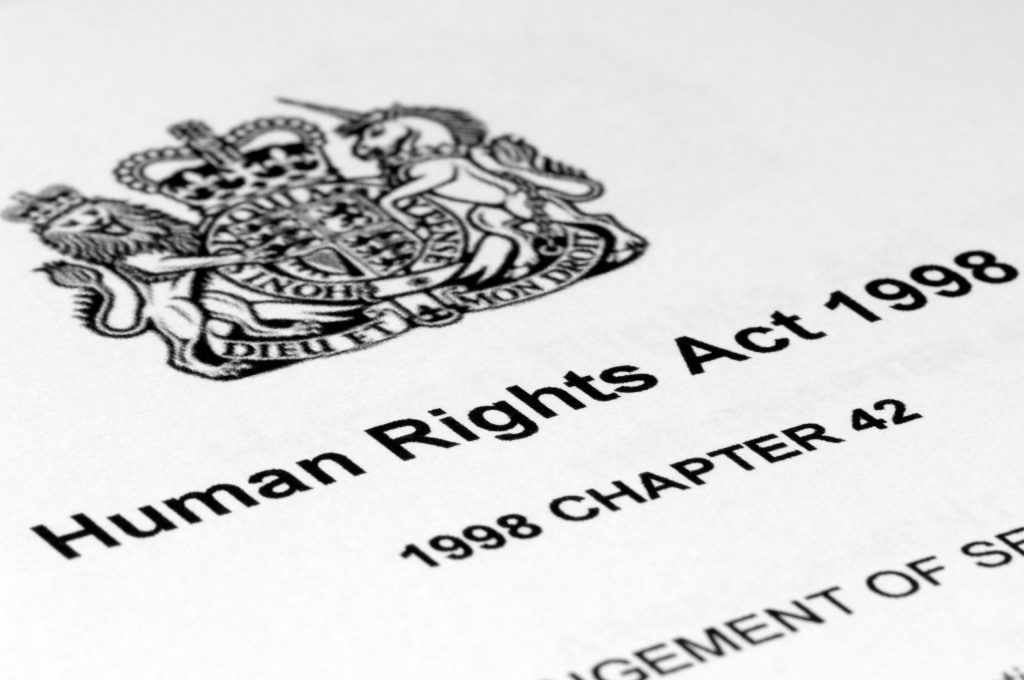Global resurgence of siege warfare traps civilian populations on the frontline – new report
Read CEASEFIRE’s latest report on siege warfare here A resurgence across world regions of the tactics of siege warfare has trapped civilian populations at the frontlines of today’s battles, finds a new report by the Ceasefire Centre for Civilian Rights. From Mariupol and other cities in Ukraine, to Mosul, Aleppo and other cities in Iraq, Syria, […]






